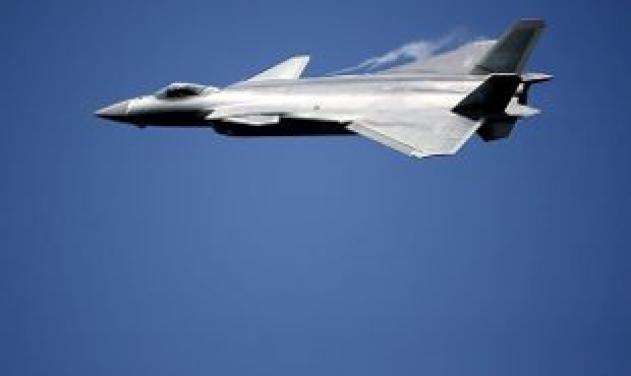China Publishes Draft Intelligence Law To Increase Surveillance, Protect Spies

The Chinese government has published a draft law that will allow authorities to mount surveillance on Chinese, foreign nationals and organizations in the interest of national security.
The 28 articles in the draft, which were open to public consultation until June 4, state who should lead intelligence gathering, the rights of the intelligence agencies and the protection of agents and their families. It also seeks to create a cadre of amateur spies whose job will be to report suspicious activities around them.
The proposed law aims to link up with China's National Security Law, Anti-espionage Law and Anti-terrorism Law to maintain national interests, including sovereignty, unity, and independence, territorial integrity and the people's welfare.
Article 7 and 8 say that intelligence work should be carried out according to the law and safeguard human rights, and the country will protect people and organizations that support intelligence work and reward those who make significant contributions.
Article 19 says that a management system regarding the enrollment, selection, examination, training and treatment of intelligence workers will be established. Article 21 says the personal safety of staff with State intelligence organs, their partners, and all their near relatives will be protected.
"There was no law to govern intelligence work before and it was mostly carried out following ministry documents. The coming law is of breakthrough importance in legislation and means a lot to maintaining national security," Wang Qiang, a specialist in non-war military actions at the National Defence University of the People's Liberation Army was quoted as saying in the state media.
In the recent past, China has been very successful in monitoring and deflecting activities of foreign spies. An article in the Washington Post last month, lamented the loss of the CIA's multiple intelligence assets in China. In April this year, the Beijing municipality had offered a cash reward upto 500,000 Yuan (US$72000) for anyone who brought the activities of a foreign spy to the authorities' notice.
Nearly a dozen Japanese citizens have been arrested in China since the past two years for gathering information illegally. China is particularly concerned over the activities of Japanese intelligence service, an article in a state media outlet had said last week that the information sought by the Japanese included both commercial and military intelligence.













